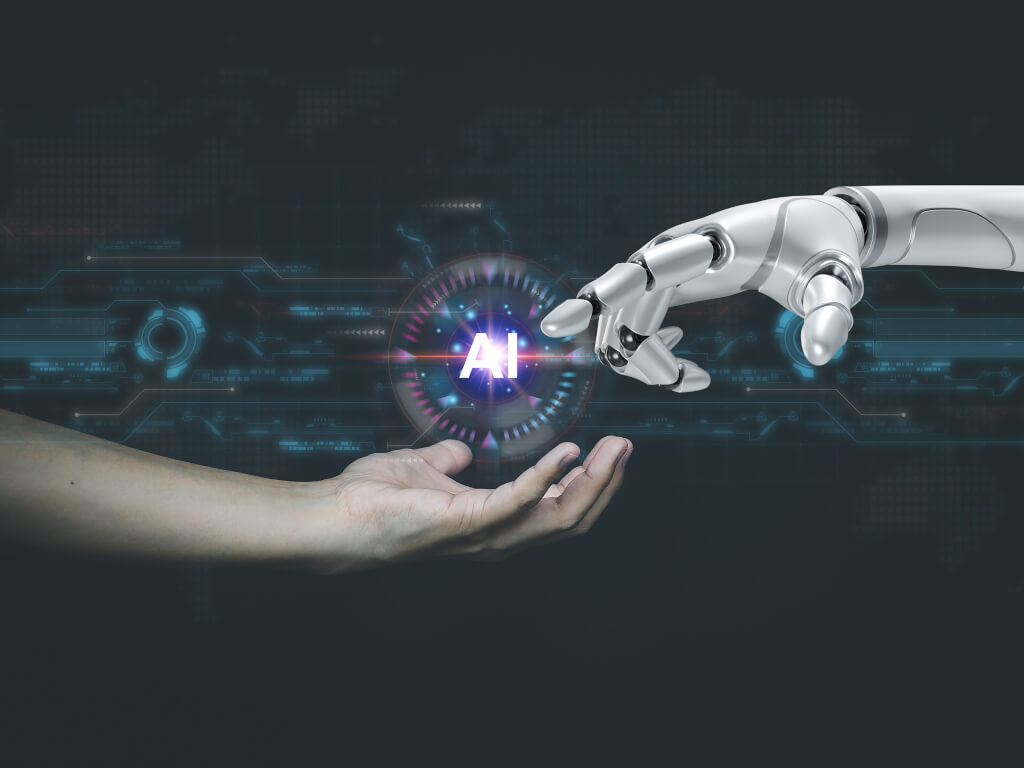As AI becomes increasingly pervasive in our daily lives—from product suggestions to cutting-edge medical diagnostics—regulatory organisations throughout the world are debating how to rein it in. Conversational AI like OpenAI’s ChatGPT, developed with Microsoft’s support, is revolutionising our relationships with machines and raising serious ethical and regulatory concerns for governments.
Keeping up with the rapid development of AI is the biggest challenge facing governments today. Because of the rapid pace at which these technologies are evolving, current regulations frequently fall short. We need clear, forward-thinking regulatory frameworks that safeguard consumers and society while still encouraging innovation.
A Quick Look at the Worldwide Reaction
The world over, countries are working to regulate AI in a variety of ways, each informed by their unique economic, technological, and social circumstances. Take a look at these highlighted efforts:
- Australia has consulted its primary scientific advisory body for advice on proposed new regulations.
- The Financial Conduct Authority in Great Britain is collaborating closely with the country’s legal and academic institutions to create rules.
- Regulation plans for China’s generative AI services are in the works.
- A lot of progress has been made in the European Union (EU), with legislators coming to terms with more stringent draught regulations for generative AI and a proposed prohibition on face surveillance.
- France’s National Assembly has approved AI video monitoring for the 2024 Paris Olympics, and Spain is looking into possible data breaches by ChatGPT.
- The United States (US) is investigating potential accountability measures for AI systems and thinking about ways to lessen risks to individual rights and freedoms and legal processes.
- The complexity and diversity of the situation are reflected in the wide variety of responses.
A Quick Look at International AI Law
| Country | Approach |
| Australia | Seeking input on Regulations |
| Britain | Planning regulations |
| China | Draft Measures for managing AI Services |
| EU | Tougher draft rules and potential facial surveillance ban |
| France | Investigating breaches, approved AI surveillance |
| Spain | Investigating breaches |
| US | Seeking input on regulations, assessing potential accountability measures |
Consequences for South Africa
South Africa, a major actor on the African continent, must keep a close eye on these international trends. South Africa must lead the way in establishing standards for AI regulation across Africa because the continent currently has none.
Dr. Thabo Mofutsanyana, a specialist in artificial intelligence at the University of Johannesburg, said, “In South Africa, we need to carefully study global trends to create a balanced regulatory framework.” When it comes to artificial intelligence, “our goal should be to support innovation while ensuring the ethical use of AI.” Data privacy, permission, transparency, and the possibility of bias in AI are all issues that, according to Dr. Mofutsanyana, need to be addressed. The economic and social effects of AI, such as the loss of jobs, must also be taken into account.
What Comes Next
No single government has the resources or expertise to effectively regulate AI. It calls for teamwork from businesses, schools, nonprofits, and governments around the world. Importantly, it requires constant communication with the people whose lives will be altered by these AI applications.
The route forward will undoubtedly require an iterative cycle of learning, changing, and amending as governments around the world scramble to control AI capabilities. Since the field of AI is always developing, so too must the regulations governing it. The global rush to govern AI isn’t just about preventing misuse or resolving privacy concerns; it’s also about paving the way for AI to be a force for good, spur economic growth, enhance healthcare, and take on critical societal issues.
We, the people of South Africa, have the chance to play a role in defining this landscape and making a digital future that suits our requirements and goals. Pretoria-based tech policy researcher Mpho Motsoeneng said, “We can use these global regulatory efforts as a learning curve to shape our own AI policies.” To paraphrase, “It’s not just about jumping on the AI bandwagon, but rather creating a robust system that supports and drives our digital economy.”
Although it may be difficult, regulating AI is essential. The goal is to strike a balance that allows new ideas to flourish without compromising individual rights, public safety, or the common good. It remains to be seen if South Africa will take the opportunity to lead the way in AI regulation on the African continent. The race has officially begun, and the stakes could not be higher.
We, as South Africans, must rise to the challenge, just as governments around the world are doing so to stay up with the rapid speed of AI development. The development of AI in the United States is an important topic. Let’s make sure the road we’re blazing into this uncharted terrain results in a world where AI benefits everyone.
Dr. Mofutsanyana concluded that, “The opportunity for South Africa in the AI space is immense,” but that it must be approached with “a sense of responsibility and foresight.”There is still a long way to go, but with the appropriate legislative frameworks, we can unleash artificial intelligence’s promise to propel the United States’ digital revolution.
About The Author:
Lebohang Mokoena is an award-winning journalist with over a decade of experience in business reporting. She specializes in innovation and technology in South Africa and beyond. Lebohang holds a Master’s degree in Journalism and has previously worked for top-tier publications before joining Africa Nova.




